You have no items in your bag
Choose Your Skincare Professional
Please select your authorized skincare clinic or professional.
Find your skincare provider
One of the most popular and powerful ingredients in topical skincare, retinol has a love-it-or-hate-it reputation. Retinol has been proven to help fight the look of fine lines, wrinkles, and other visible signs of aging and reduce the look of acne in some cases, but some people have trouble tolerating the active ingredient and can’t stick with it due to skin irritation issues.
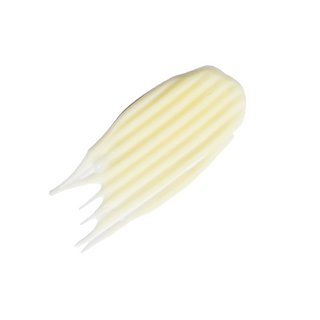
Experts agree: Retinol isn’t a one-and-done magic bullet. You need to use it consistently for a few months to see its full potential. Also, some people tolerate the powerful ingredient better than others. Those whose skin is more on the sensitive side should start with a lower concentration of retinol—and perhaps use it every other day or a few times a week—before progressing to a more powerful formulation. That’s why ALASTIN offers Renewal Retinol in both a 0.25 and 0.5 strength.
Because the retinol molecule is highly unstable in the presence of UV light, dermatologists recommend using it only as part of your nighttime routine.6 Also, because retinol may make your skin more sensitive to the sun, it’s extra important to make sunscreen part of your daily routine when using retinol—but, of course, you should be doing that anyway!
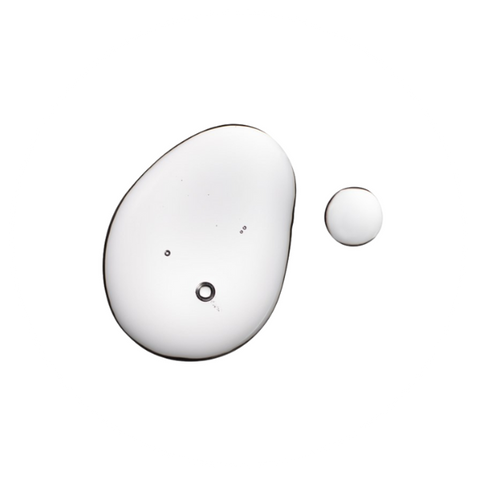
Understand the powerful anti-aging benefits of antioxidants and which antioxidants are best for your skin.
Learn More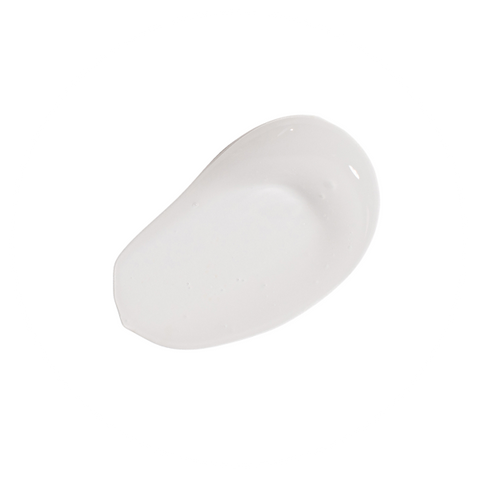
Here’s what you need to understand this powerful ingredient, and how hyaluronic acid can benefit your skin.
Learn More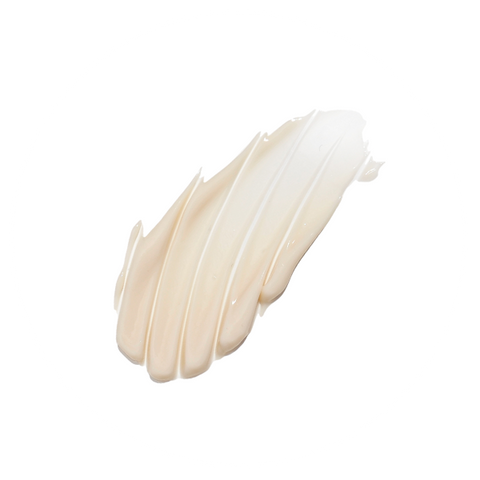
Learn why this proprietary age-defying technology is a game-changer for more youthful-looking skin.
Learn More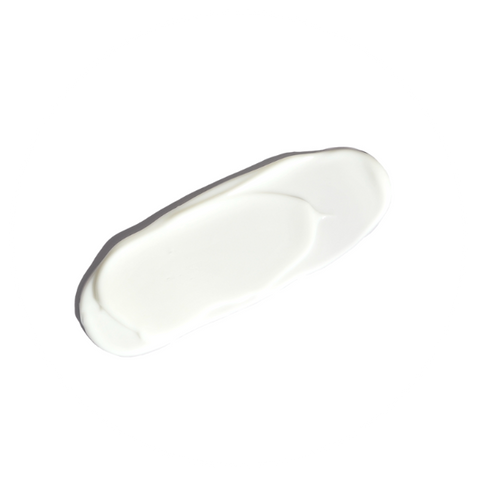
Understand how this sun-shielding superstar ingredient works and what zinc oxide can do for your skin.
Learn More